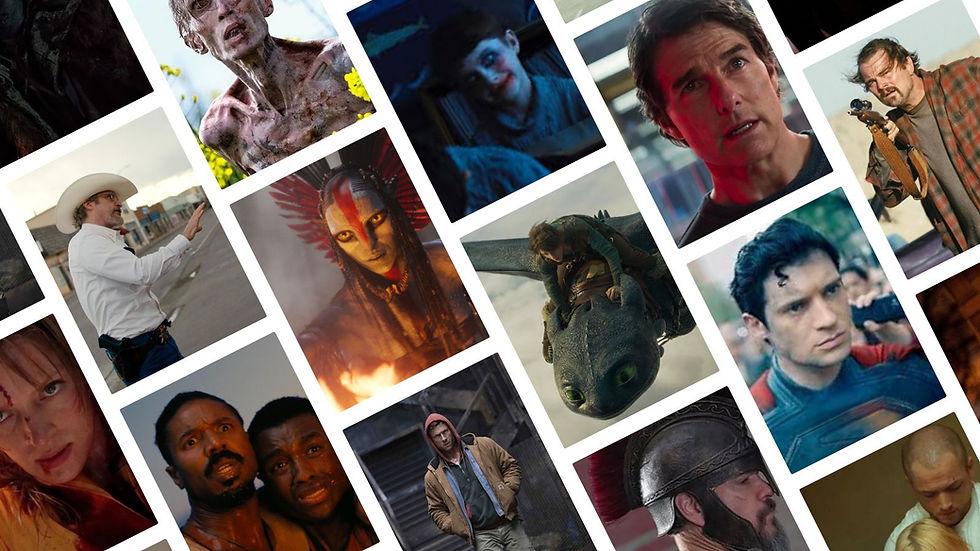NERDFUL THOUGHTS | Vol 1
- Archive

- Feb 12, 2021
- 3 min read
Why Rick & Morty tell better stories than best-selling authors
Written by Atlanta Kroehn
It has been exactly 30 years since the bestselling author, who is equally known for atmospheric horror and bad at writing plausible endings, published the extensive tome about the devil as a small-scale businessman: Stephen King’s novel Needful Things, 1991.
While the film adaptation by Fraser C. Heston is not exactly one of the better King movies, it is shockingly good what the makers of Rick & Morty have done to the material. Not only is the atmosphere from the book captured so well that the King vibe is brought across in milliseconds, but Rick also manages to give the story the twist that the film adaptation lacks.

In the episode Something Ricked This Way Comes, premiered in 2014, written by Mike McMahan and directed by John Rice, Summer has a new job in a dusty, dark antiques shop which is only lightened by a few rays of sun falling through the lamellas. Every item for sale can fulfil the customer's individual wishes and does not even have a price tag on it. Rick immediately suspects the business model and the diabolical-looking owner of the store, Mr. Needful. Rick identifies him as the devil and can tell that these strange goods must be cursed.
In the book, Mr. Needful (Leland Gaunt) plays a double-edged role. He knows how to provoke the curiosity of his customers, exploit their deepest needs and seed discord that brings great disasters to the community. On the other hand, however, he not only pursues the goal of cursing and corrupting each individual, but ultimately educates the customers about the dark side of targeted marketing, bargain hunting and profit maximization, until he moves on to the next city with a new disaster…

Going back to the Rick & Morty episode, now that he's crossed Rick’s path, the devil has finally found an equal opponent in the mad scientist. Rick does not fall for his misleading advertisement and manages to compete with his own start-up. Interestingly enough, the devil does not stand still in business, but develops into a successful online entrepreneur like Mark Zuckerberg.
The criticism of capitalism is no longer directed against the individual, who tries to satisfy emotional needs with material things, as it was in King's story. And its certainly not against the single shop retailers, who are now struggling anyways. The episode rather criticises short-term incentives for business strategies as well as the strategies of big global online companies. This economic circumstances become even more relevant during and after Covid-19.
The other narrative thread of the episode deals with the topic of sustainability as well, in which Morty and his dad are traveling through the solar system and talking metaphorically about the dynamics of resource exploitation and climate change.
Notwithstanding the serious topics, this episode is really fun to watch for the exquisite side characters and for giving Summer so much air time. In addition to the Needful Things reference, there are also numerous other allusions to literary works and movies such as Stranger than Fiction as well as a short story of W. W. Jacobs. The slightly modified title of the episode refers to the Macbeth quote Something wicked this way comes, which is also the title of a novel by Ray Bradbury in which a diabolical ringmaster haunts the city, rather than an antique dealer.










